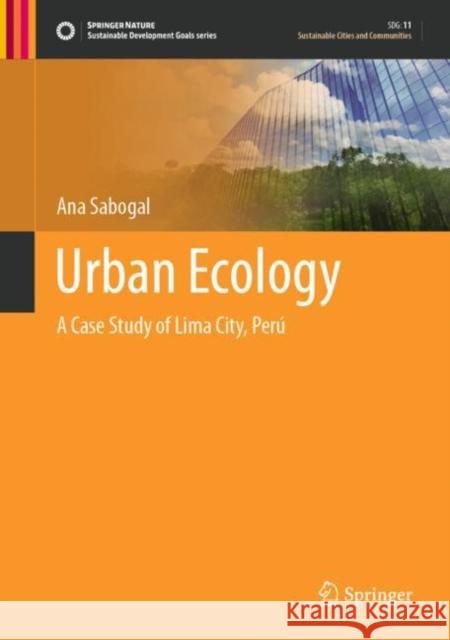Urban Ecology: A Case Study of Lima City, Perú » książka
topmenu
Urban Ecology: A Case Study of Lima City, Perú
ISBN-13: 9783030699048 / Angielski / Twarda / 2021 / 175 str.
Urban Ecology: A Case Study of Lima City, Perú
ISBN-13: 9783030699048 / Angielski / Twarda / 2021 / 175 str.
cena 523,30
(netto: 498,38 VAT: 5%)
Najniższa cena z 30 dni: 501,19
(netto: 498,38 VAT: 5%)
Najniższa cena z 30 dni: 501,19
Termin realizacji zamówienia:
ok. 22 dni roboczych.
ok. 22 dni roboczych.
Darmowa dostawa!
Kategorie:
Kategorie BISAC:
Wydawca:
Springer
Seria wydawnicza:
Język:
Angielski
ISBN-13:
9783030699048
Rok wydania:
2021
Wydanie:
2021
Numer serii:
000812045
Ilość stron:
175
Waga:
0.59 kg
Wymiary:
25.91 x 19.56 x 1.52
Oprawa:
Twarda
Wolumenów:
01











